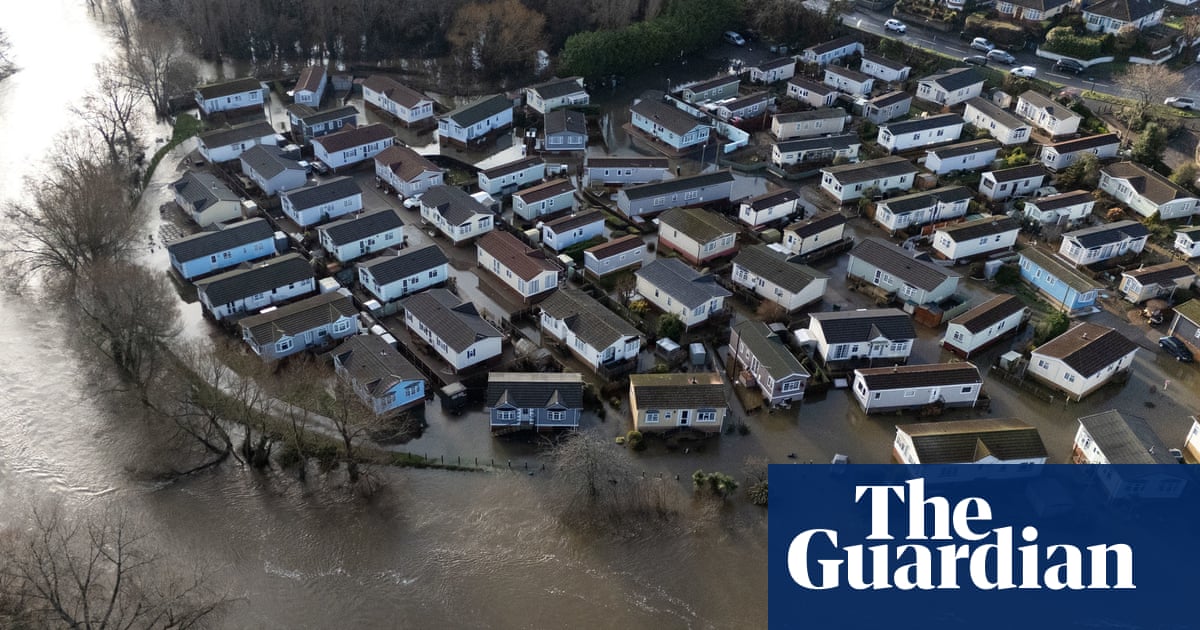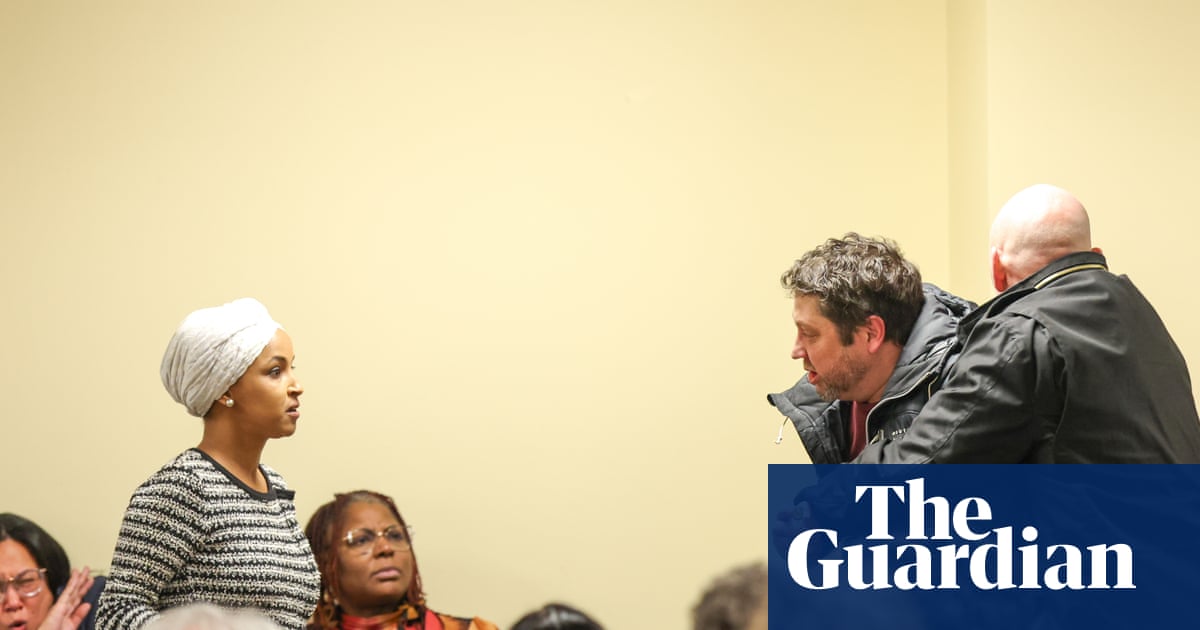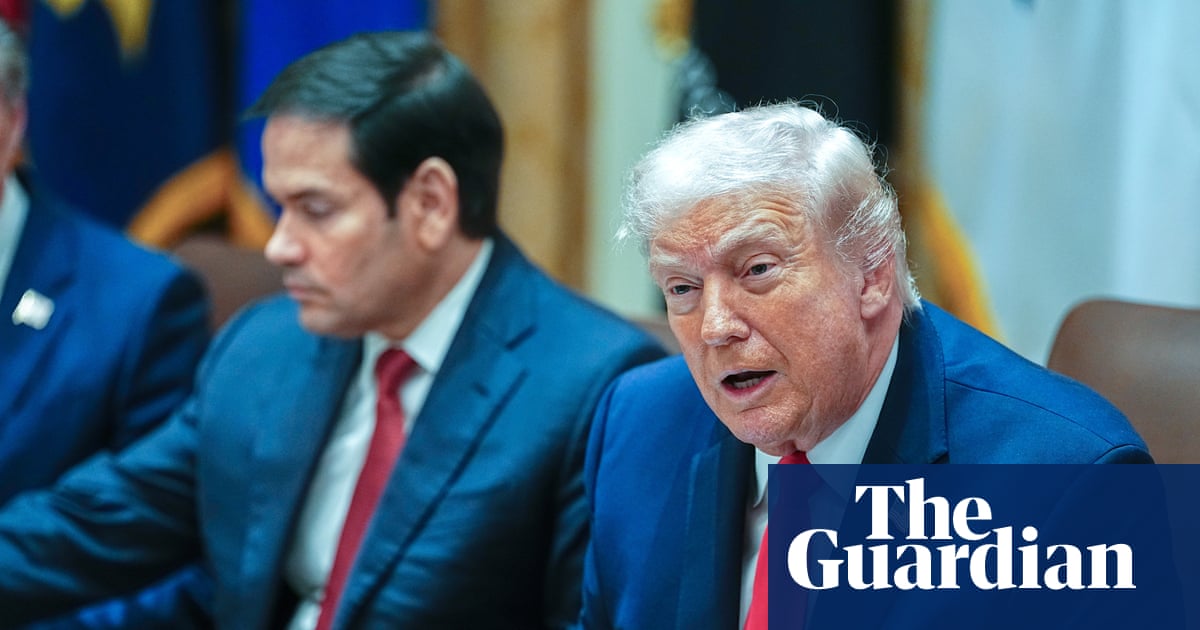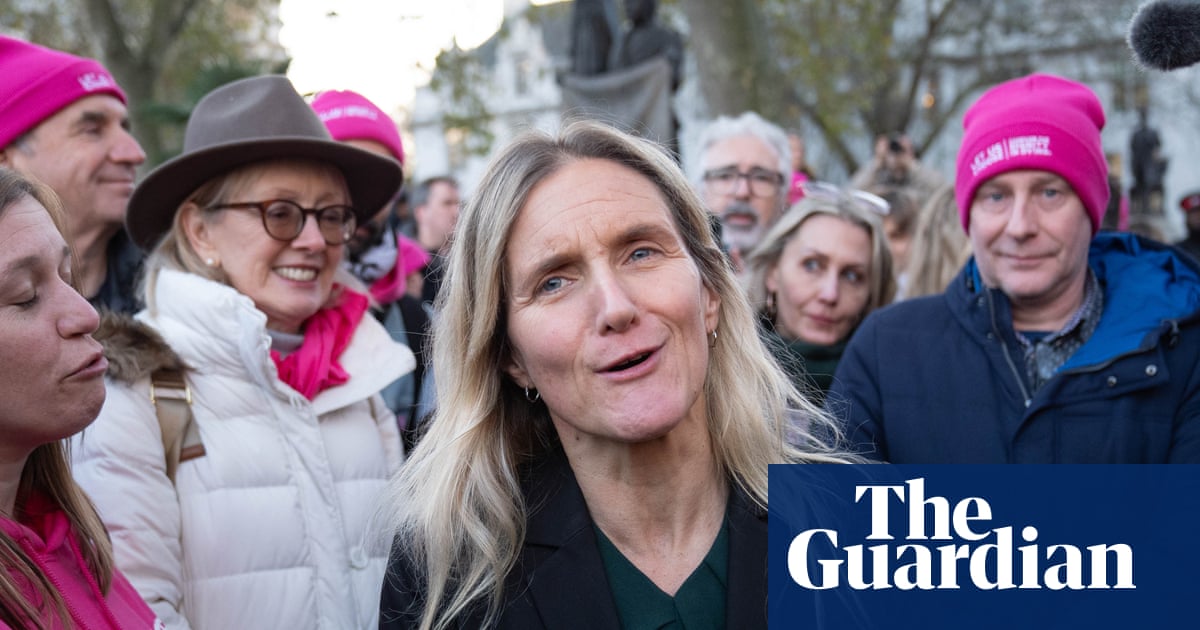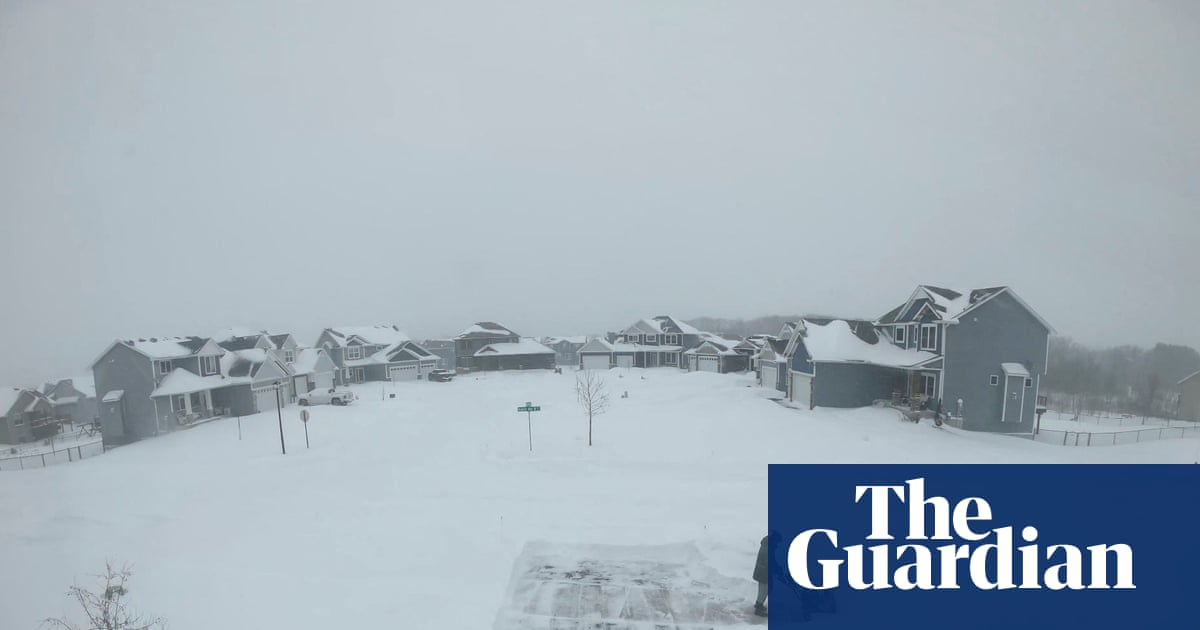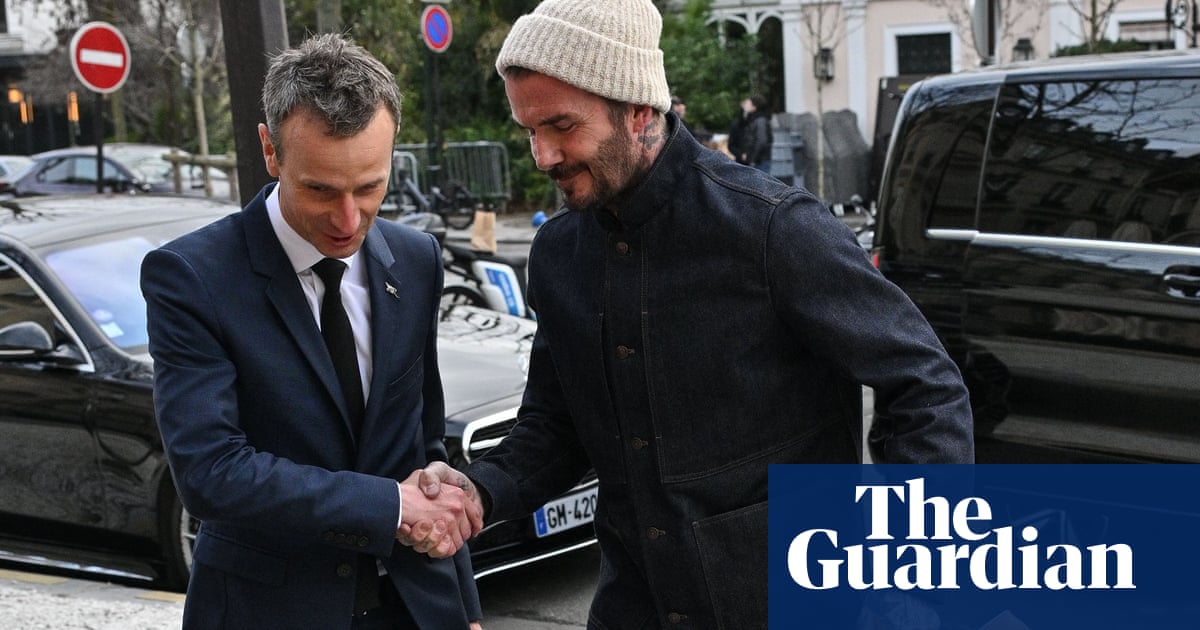Surging cases of yellow fever and dengue in South America highlight the growing assault on people’s health from the climate crisis, with infectious diseases spread by mosquitoes and deadly heat also now pushing into temperate regions such as Europe, experts have warned at the Cop30 climate summit.
There have been 356 cases of yellow fever in South America and 152 deaths so far this year, largely in the Amazon region, according to Pan American Health Organization figures. Apart from a large spike in 2017 and 2018, this is the largest number of yellow fever cases for any year in the continent, bar one, since 1960.
The current wave of yellow fever, which can cause fever, nausea and even organ failure, comes on the back of one of Brazil’s worst ever years for dengue. In 2024, nearly 6.5m cases of dengue and about 5,000 deaths were reported in Brazil. Last year was also a startling record year for dengue in Europe, with 304 reported cases – more than the 275 cases reported in the previous 15 years combined.
Both yellow fever and dengue are transmitted by the Aedes species of mosquito, which thrive in warm conditions and stagnant water. The climate crisis, which is raising global temperatures and causing more ferocious rainfall, is aggravating around half of known human pathogenic diseases, scientists have determined, as disease-carrying mosquitoes expand their range across a rapidly heating world.
The sharp increase in transmitted diseases in the Amazon region comes as UN climate talks take place in Belém, a Brazilian city that sits near the mouth of the Amazon river.
Health was, until a few years ago, a largely overlooked area of the climate crisis in these annual summits but the UN declared Thursday “health day” at Cop30 and promoted a new plan to help countries deal with the array of illnesses and life-threatening conditions spurred by a hotter world.
“Across the world, people are living the daily reality that the climate crisis is also a public health crisis,” said Simon Stiell, the UN’s climate chief. “Rising temperatures, floods, droughts, and storms are claiming lives, fueling diseases and malnutrition, and placing immense pressure on health systems.”
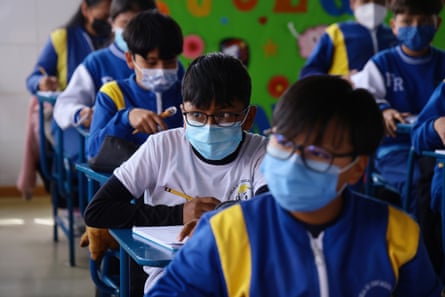
Stiell said the new Belém Health Action Plan, led by Brazil’s government and the World Health Organization, will help countries with surveillance, best practices and capacity building to help them deal with climate-fueled health issues. A coalition of 35 philanthropic bodies has pledged $300m in funding for the initiative.
“Humanity can only win this global climate fight if we connect stronger climate actions to people’s top priorities in their daily lives,” Stiell said. “And there are few higher priorities than our health.”
But climate advocates and health experts say much more will need to be done to deal with the fallout from scorching temperatures and worsening disasters such as flooding. On Wednesday, Al Gore, the former US vice-president, said that recent evidence that rising heat is killing one person a minute worldwide shows that governments are badly failing to curb the direct human harm of the climate crisis.
“How long are we going to stand by … keep turning the thermostat up so that these sort of events get even worse? Gore said.
Health experts said that several factors are causing the expansion of infectious diseases, such as the razing of forests for agriculture and housing, which is bringing humans closer to animals that can spread zoonotic diseases.
“It’s globalization as well and it’s also the fact that mosquitoes are smart and so are bacteria,” said Maria Guevara, the international medical secretary of Médecins Sans Frontières, or Doctors Without Borders, who is at the Belem gathering.
“And whether it’s bacteria or viruses, they transmit, they’re just smarter than humans in that case because they’re more adapted, and they will adapt to survive. We are much too slow. We know what we need to do about climate change, but we’re not doing anything.”
Guevara said much more will need to be done to equip countries that are having outbreaks of disease worsened by the extreme weather. MSF has in recent years had to respond to outbreaks of yellow fever in Brazil and the Democratic Republic of Congo in the wake of severe droughts or floods. Distribution of vaccines can be difficult even in countries like Brazil, where yellow fever inoculations are free.
“We’ve had huge outbreaks of dengue and an increase in yellow fever even outside of the Amazon region because of lots of rain and high temperatures, which makes the mosquitoes bite more and affects the reproduction of virus in the mosquitoes,” said Rachel Vicente, an expert at the health sciences center at Brazil’s Federal University of Espírito Santo.
“People are living near more breeding sites, too, especially in urban areas of Brazil. It’s a perfect storm and it’s not just a problem of tropical areas any more, we’ve had outbreaks in Europe because it is getting warmer there and is becoming easier for the vector.
“We all need to collaborate more on resilience because all countries will need to prepare for this now, not just some of them.”

 2 months ago
45
2 months ago
45
